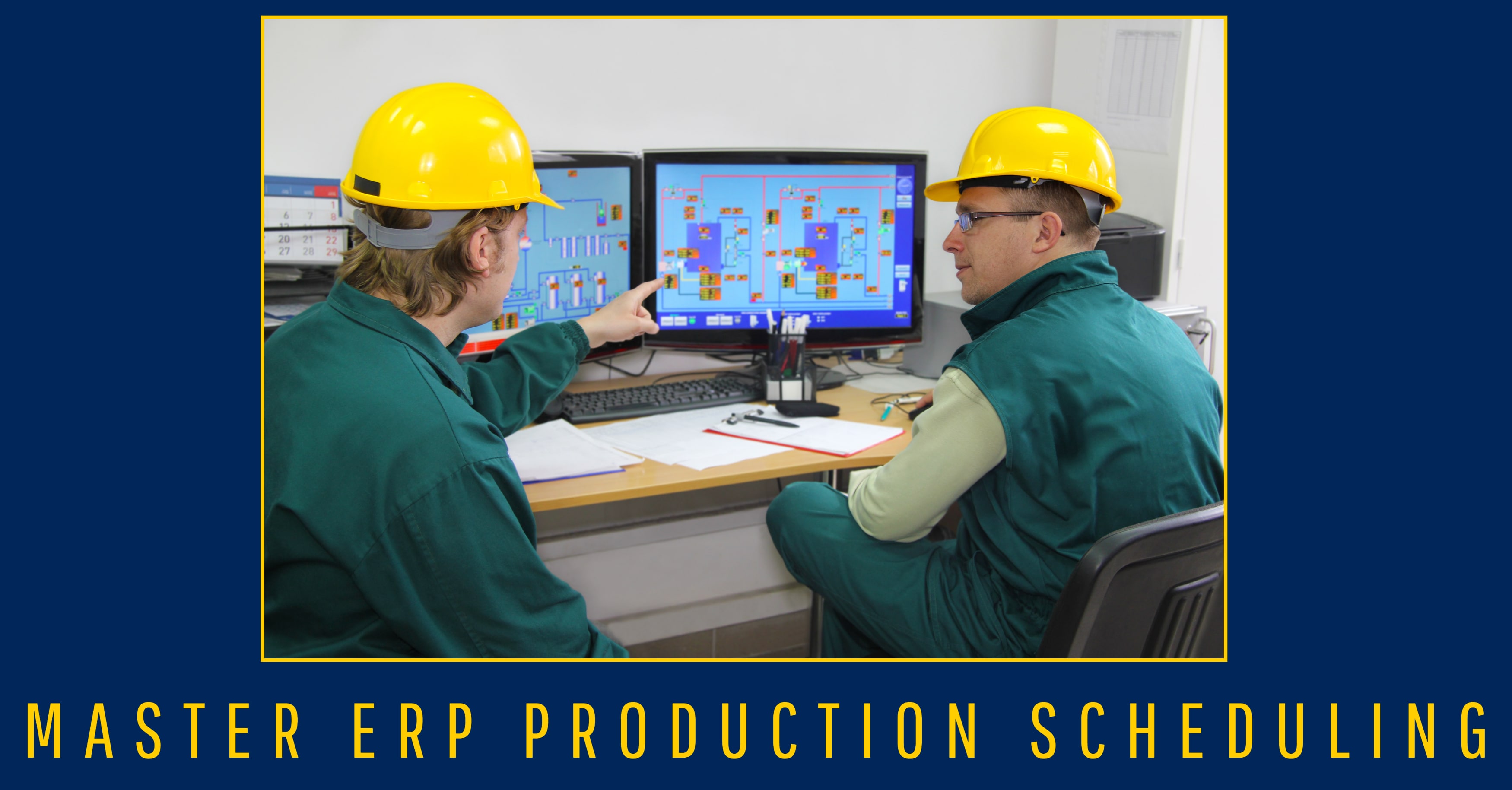
Epicor ERP for Production Scheduling
Proper production scheduling lies at the heart of any efficient manufacturer’s shop floor strategy. Scheduling your production lines can be a fine balance as you take into account necessary resources, time, machinery and employees. There will always be a trade off when it comes to manufacturing production—no one has all the time in the world to make all the products they want or the employees needed to continually innovate for the future while still keeping up with current demand. So yes, production scheduling is somewhat of a fine art, but mastering that art is easier with the help of ERP software.
Any robust manufacturing ERP system is capable of production scheduling that can manage projects involving multiple teams, production lines and a wide range of materials. By automating those tough decisions through smart, pull-production planning, all these decisions can happen while factoring in necessary trade-offs, workflows and production efficiencies at any given time. With ERP production scheduling you can rest assured that your valuable production lines are being utilized as efficiently as possible. Here’s the lowdown on ERP production scheduling and why you should master it for your own business!
Increase Shop Floor Efficiency with Kanban
Kanban scheduling works in line with lean pull-production principles—in which manufacturing systems work backwards from a desired outcome, and pull in only the exact necessary materials, employees and machinery to complete that outcome. This means that instead of estimating demand and hoping you are in the general ballpark of the right figure, Kanban will signal your production lines to only create exactly what has been called for. When the first domino of the production line is finally pushed, the rest are perfectly in place to fall exactly as you want them to. After each step in the workflow is completed, resources are replenished and production lines reset.
Because ERP production scheduling allows you total control over the Kanban board, you control the project objectives—start and end dates, production lines, employees involved, etc.—before a project ever begins. Your business will have a clearer eye and a greater hold on your shop floor than ever before. With this new power, you can slash waste and take your shop floor efficiency to a new level.
Meet Client Deadlines
When you work under a pull-production scheme, all of your production scheduling is built around a specific amount of product made by a specific date or time. This means that you will be more capable than ever before of meeting client deadlines and delivering on your promised shipment dates. When your shop floor isn’t wasting time making products that won’t sell, and you’re setting specific dates for beginning the production process, your business will be able to predict those delivery dates more accurately too. It only makes sense, after all, that when you master ERP production scheduling, you will be able to align that schedule to the specific needs of your customers.
Prevent Waste
Kanban-style ERP production scheduling is one of the core tenets of lean manufacturing. Lean principles seek to reduce costly waste in all areas of a business, whether that waste manifests itself in time, money or excess product that won’t or can’t be shipped. This is especially important if you work with perishable goods or in a rapidly evolving market, like electronics, where excess product quickly depreciates in value. Instead, mastering ERP production scheduling means that you only produce what is demanded—and you don’t have to deal with costly implications of waste and an overloaded inventory.
Preserve Your Production Lines
In addition to getting rid of excess product and waste, ERP production scheduling can also foster healthier production lines and machinery. If your shop floor is producing in line with demand, it is only taking on necessary wear and tear. That means less money spent on maintenance (and the downtime that comes along with it) and improved upkeep of your valuable manufacturing tools. This will extend the longevity of your equipment. When machines eventually need repair or replacement, you can use your ERP to schedule that necessary downtime.
Supply Chain Communication
The modern manufacturer can have many moving and disparate parts in its organization, whether it is employees, departments or facilities spread out nationally or globally. By taking advantage of ERP production scheduling, businesses can create a single nexus of the organization—the ERP software itself. Executives and managers can manage the entire schedule from one point of technology, no matter where the production lines are located. Every facility, employee and machine will show up on the system’s virtual Kanban board and can thus be assigned a workflow or task from that central ERP node. The ERP production scheduling manager will be able to see what product has been demanded, which lines are ready to start production, which are currently busy or down, and will be able to facilitate a completely smooth and timely supply chain from the raw materials to the consumer’s hands.
Wrap Up
Proper ERP production scheduling ensures that resources are used effectively across your entire organization. If you are currently running an ERP system within your business (or planning on implementing one soon), mastering the scheduling module should be high on your company’s list of priorities. It is a powerful tool that will allow you to save untold amounts of money and time in wasted product, machinery wear and employee effort.
For more information on how enterprise software can help you master ERP production scheduling on your shop floor, or if you’ve been inspired to implement ERP for the first time, contact an expert at Datix today! We’re an Epicor Platinum Partner with over 20 years of experience. Our ERP consultants will work with you at any stage of your software journey!
{{cta(‘770c1544-d87d-4acb-9fc4-7a25e1385094′,’justifycenter’)}}

